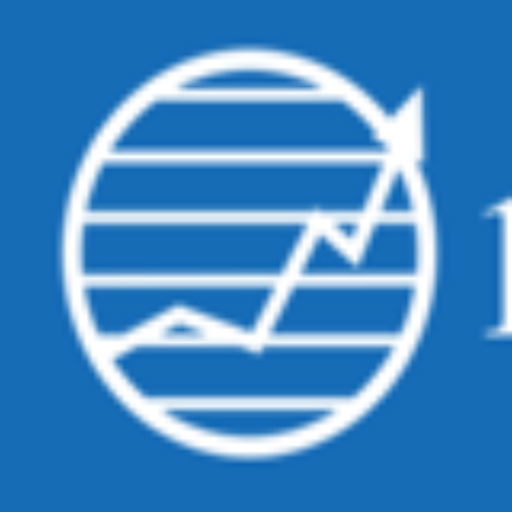APEX Disclosures
Apex Clearing Corporation (Apex) is a member of the Securities Investor Protection Corporation (SIPC), which protects securities and cash of the customers of its members up to a maximum of $500,000, of which $250,000 may be cash. For additional information, including a brochure, about SIPC coverage, please call (202) 371-8300 or visit www.sipc.org
Apex has purchased an additional insurance policy to supplement SIPC protection. This additional insurance policy, widely known as “excess SIPC,” becomes available to customers in the event that SIPC limits are exhausted. This additional insurance provides protection for securities and cash up to an aggregate limit of $150 million, subject to sub-limits for any one customer of $37.5 million for securities and $900,000 for cash. Similar to SIPC protection, this additional insurance does not protect against a loss in the market value of securities. For additional information, please contact your broker.
Customer Information
Important Information You Need to Know about Opening a New Account.
Educational communication regarding Account Transfers and IRA Rollovers
Current information regarding the Characteristics and Risks of Standardized Options, also known as options disclosure document (ODD).
Exchange Traded Funds (ETFs) Disclosures:
Exchange Traded Funds (ETFs) are a type of exchange-traded investment product that must register with the SEC under the 1940 Act as either an open-end investment company (generally known as “funds”) or a unit investment trust.
ETFs are not mutual funds. Generally, ETFs combine features of a mutual fund, which can be purchased or redeemed at the end of each trading day at its NAV per share, with the intraday trading feature of a closed-end fund, whose shares trade throughout the trading day at market prices. Intraday trading is described in greater detail below in the section on NAV and Intraday Value.Investment policies, management fees and other information can be found in the individual ETF’s prospectus.
For a variety of reasons, an ETF’s market price may trade at a premium or a discount to its underlying value. When an Authorized Participant identifies that an ETF’s shares are trading at either a premium or discount to their estimated net asset value, it may engage in trading strategies that are expected to result in the market price of an ETF’s shares moving back in line with its underlying value.
Arbitrage is the practice of taking advantage of a price differential between two or more markets. An arbitrage opportunity is inherent in the ETF structure because the ETF’s intraday market price fluctuates during the trading day. Due to this fluctuation, the ETF’s intraday market price may not equal the ETF’s end-of-day NAV. Authorized Participants can arbitrage this difference (and make a profit) because they can trade directly with the ETF at NAV as well as on the market. The expected result of the arbitrage activity is that the market value of the ETF moves back in line with the ETF’s NAV per share and investors are able to buy ETF shares on an exchange at a price that is close to the ETF’s NAV per share. (SEC Investor Bulletin: ETFs)
Information about an ETF’s historical premiums and discounts can be found either in the ETF’s full prospectus or on its website. Investors should consider the investment objectives, risks, charges and expenses of each fund carefully before investing.
Important Information About IRA Rollovers
Rolling 401(k) Assets into an IRA
When you retire or leave your job for any reason, you have the right to roll over your 401(k) assets to an IRA. You have a number of direct rollover options:
Rolling your traditional 401(k) to a traditional IRA. You can roll your traditional 401(k) assets into a new or existing traditional IRA. To initiate the rollover, you complete the forms required by both the IRA provider you choose and your 401(k) plan administrator. The money is moved directly, either electronically or by check. No taxes are due on the assets you move, and any new earnings accumulate tax deferred.
Rolling your Roth 401(k) to a Roth IRA. You can roll your Roth 401(k) assets into a new or existing Roth IRA with a custodian of your choice. You complete the forms required by the IRA provider and your 401(k) plan administrator, and the money is moved directly either electronically or by check. No taxes are due when the money is moved and any new earnings accumulate tax deferred. Earnings are eligible for tax-free withdrawal once the IRA has been open at least five years and you are at least 59½.
Rolling your traditional 401(k) to a Roth IRA. If your traditional 401(k) plan permits direct rollovers to a Roth IRA, you can roll over assets in your traditional 401(k) to a new or existing Roth IRA. Keep in mind you’ll have to pay taxes on the rollover amount you convert.
It’s a good idea to check with your plan administrator and a tax advisor to determine whether a move from a traditional 401(k) to a Roth IRA is allowed, and right for you. To authorize the rollover, you complete the forms required by your Roth IRA provider and your 401(k) plan administrator. Earnings that accumulate after the rollover will be eligible for tax-free withdrawal when the IRA into which your assets are moved has been open at least five years and you are at least 59½. Click here to read more.

